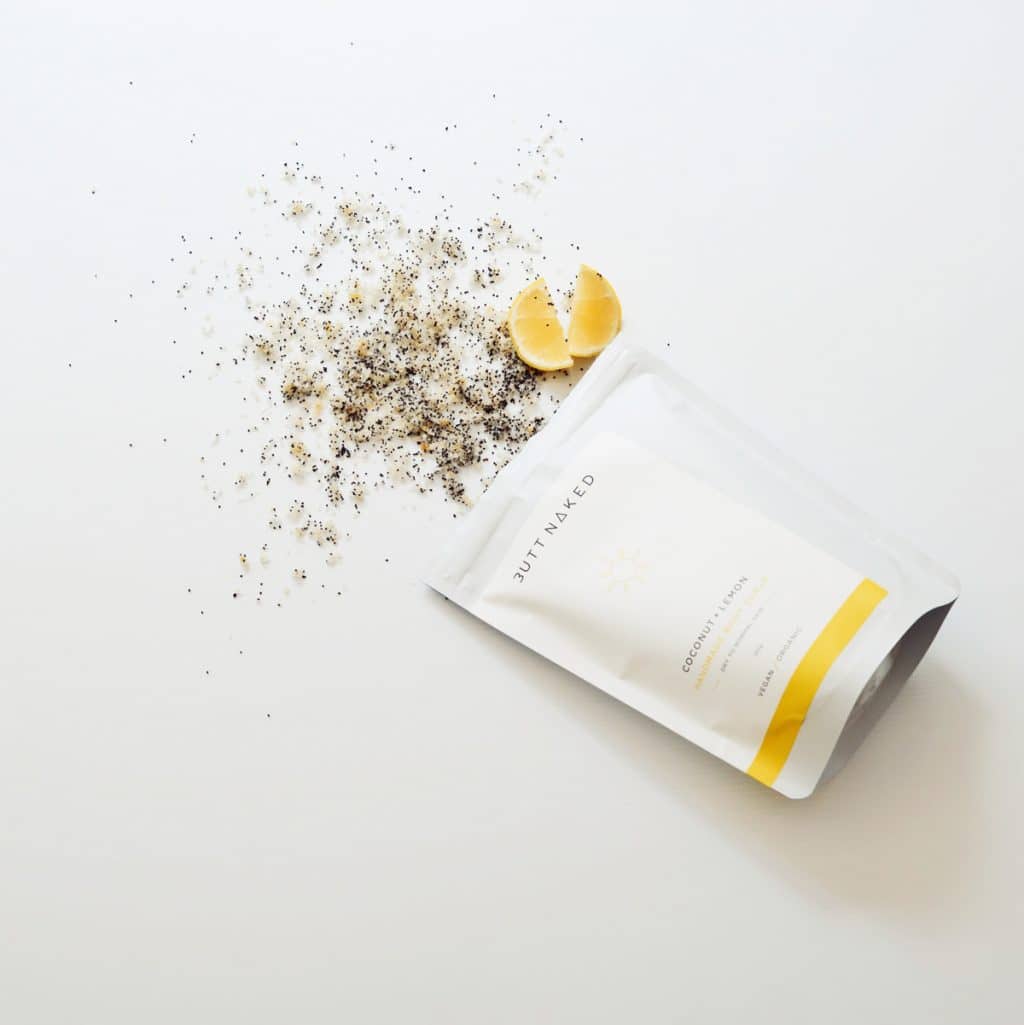Brands For Good

We chat with Deborah Pike from Brands For Good about ethical shopping beautiful products and changing the way the world consumes.
Tell us a bit about Brands for Good. When did it launch? What’s it all about?
Brands For Good launched in late 2016. The idea came about when one of our founders, Jamie Green, tried to do his 2015 Christmas shopping online and ethically. Jamie discovered it wasn’t as easy as he hoped to find brands and products he felt comfortable with. So Brands For Good was born. Our purpose is to make ethical shopping easy and convenient for all the Jamie’s out there who want to support a better tomorrow.
In the long-term, what do you hope to achieve?
We aim to change the way the world consumes – nothing less! There is no Planet B, and for people and animals caught in exploitive industries there’s no way out unless we as consumers choose to support responsible brands with every dollar we spend. My dream is that brandsforgood.com will be the first place people look when they need a product, because they know whatever they find on our site will come from a more socially and environmentally responsible brand than what they might find in mainstream stores. I know for myself, some days I’m inspired to research, but often I just want the recommendation of a friend who’s found a good brand making a positive impact. Brands For Good aims to be that helpful friend to everyone who cares about how their consumption impacts our world.
How do you choose brands to come onboard? What makes them ‘good’?
We look for brands making a contribution, rather than brands in business purely to do business. All of our brands share their social, environmental and product impact on our site for customers to read. To ensure that every purchase on brandsforgood.com does good and not harm, we have four measures that we consider when taking on brands: Human rights, the environment, treatment of animals and consumer health. (Or the long version as follows…)
- Humans Rights – Are people given equal opportunity, safe working conditions and paid fairly? Perhaps a marginalised person was given employment and the opportunity for a better life.
- Environment – Does this brand work hard to care for natural resources and minimize pollution? Perhaps the brand also supports initiatives such as ocean cleanups or tree planting.
- Animals – Is this product cruelty free? Perhaps a habitat protection group or an animal rescue organisation is supported with brand revenue.
- Consumer Health – Do the ingredients used by this brand support human health, are they natural or even organic, so there’s no release of toxins into our air, soil or water?
We don’t expect every brand to be perfect across all four measures, but the brands we carry have chosen to do business differently and are dedicated to creating positive impact in at least two of these areas, with plans to continuously improve across all areas as they grow.
How have consumers responded to your concept? Are people ready to consistently shop more consciously?
Australian consumers sit along a broad spectrum of consciousness about environmental and social issues. Conscious consumers and “becoming more conscious” consumers have responded well to Brands For Good, favouring products that fulfill a need, rather than a want – exactly the way we all should shop!
What have you found to be the most popular types of products?
People love re-useable products, I think we have the ABC’s War On Waste to thank for that! They also love anything that’s beautiful and good quality, gorgeous smelling candles, natural skincare, good coffee and soft organic garments for babies. Basics done well, like organic cotton tees and underwear are also popular – we all need them!
What are the core values of Brands For Good?
First and foremost kindness. We define “good” as living with kindness towards all life on earth. We also value connection and community, quality, simplicity, sustainability and transparency.
What makes you most proud of Brands For Good?
How positively people respond when they hear we exist! I think there’s a real desire, particularly amongst younger Australians, to see business used as a vehicle for good, and to lead a life that’s integrated, where our choices large and small align with what we believe really matters. The people I talk with see immediately how Brands For Good can be a supporter of business at its best and an enabler of that integrated, purposeful life for all of us.







